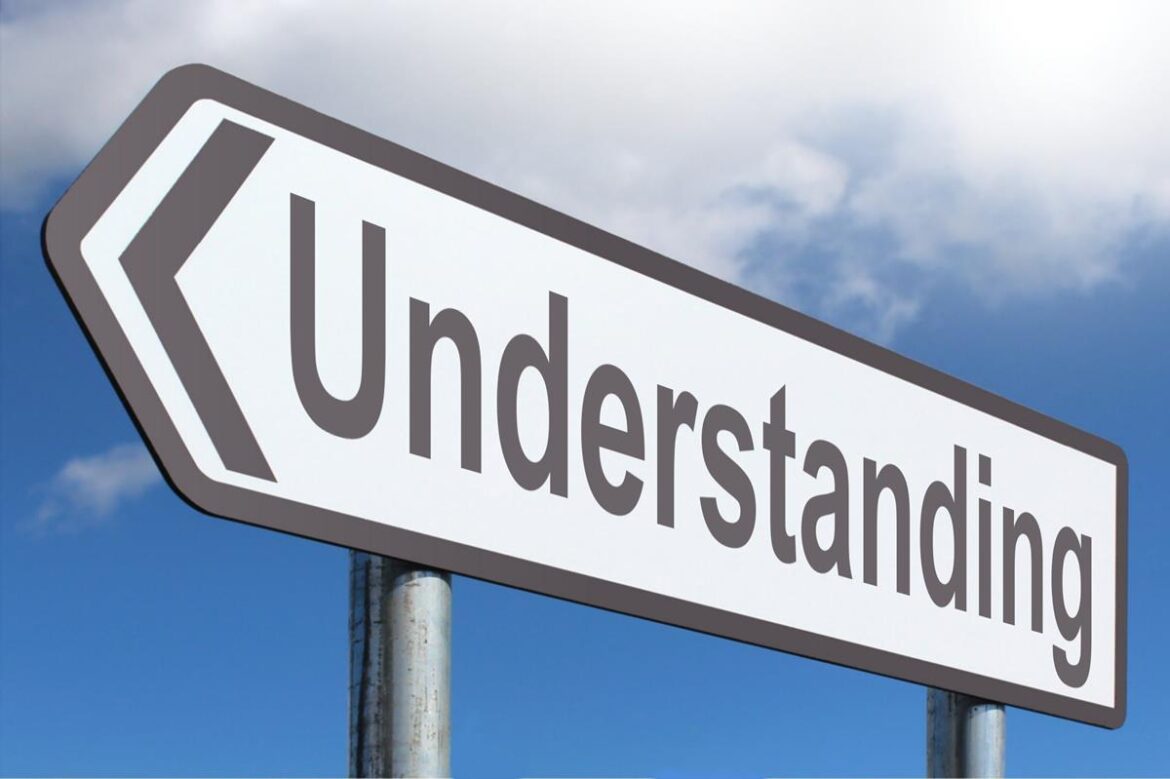In a world where darkness often looms, the light of understanding shines brightly, especially during the 16 Days of Activism Against Gender-Based Violence. This annual campaign, which spans from November 25 to December 10, serves as a clarion call, uniting voices across the globe to decry violence against women and girls. Viewed through a Christian lens, this movement is not merely a social phenomenon; it embodies the very essence of Christ’s teachings about love, dignity, and justice.
At the heart of this movement is a profound acknowledgment of the plight endured by countless individuals. Globally, an estimated one in three women experiences physical or sexual violence throughout her lifetime, oftentimes perpetrated by an intimate partner. This staggering statistic paints a harrowing picture of injustice that contradicts the divine blueprint for human relationships. When the fabric of community is torn by such violence, it challenges the very notion of loving one’s neighbor as oneself, a core tenet of Christian doctrine.
The metaphor of a shattered vase aptly illustrates the plight of survivors of gender-based violence. When the vase shatters, it becomes fragmented, often unrecognizable from its original form. It may be mended, but the cracks will always remain, emblematic of past traumas. Yet, in the greater context of faith, the act of mending holds immense significance. Just as God demonstrates His capacity to restore the brokenness in our lives, so too must society strive to heal the wounds inflicted by violence. The act of restoration becomes a profound expression of grace, compelling the faithful to act with compassion and understanding towards those impacted by such tragedies.
The 16 Days of Activism presents an opportunity for Christians to step into the role of advocates and allies. This call to action mirrors God’s commitment to justice and His unwavering support for the marginalized and oppressed. Rather than remaining passive observers, Christians are beckoned to engage actively, embodying Christ’s love in tangible ways. Initiatives such as community outreach, educational workshops, and intercessory prayer gatherings facilitate deeper understanding and illuminate the path toward change.
Central to the Christian response to gender-based violence is the notion of inherent dignity bestowed upon every individual. Genesis articulates that humanity is created in the image of God, which bestows value and worth upon all. In a congregation, emphasizing this truth can transform attitudes, fostering an environment where all feel seen, heard, and valued. It is imperative that faith communities embrace inclusivity, ensuring that their spaces are safe havens for those who seek refuge from violence.
In recognizing the complexities of gender-based violence, one must also confront the systemic issues that perpetuate this cycle. Dominance, control, and societal norms often underpin acts of violence, calling for a re-evaluation of cultural narratives that dehumanize and objectify women. Through a Christian perspective, addressing these underlying causes reinforces the commitment to embody the Good News. This involves not only advocating for survivors but also teaching the values of mutual respect and equality. The Church must be a bastion of hope, a sanctuary where individuals can find solace and empowerment.
Moreover, the role of men in this discourse cannot be overlooked. Traditional narratives often overshadow their participation, but they are integral in dismantling harmful paradigms. In affirming Christ’s teachings, men are called to practice humility and service, embodying the role of protectors rather than perpetrators. Engaging in conversations surrounding masculinity, consent, and respect will forge a path toward a healthier understanding of gender dynamics. Through fellowship and reflection, men can become champions of change, leading by example and advocating for a culture devoid of violence.
The global nature of the 16 Days of Activism serves as a reminder that gender-based violence is not confined to specific cultures or societies; it is a universal affliction that demands a unified response. As Christians, there is a divine opportunity to join hands with individuals from various backgrounds, asserting that love transcends cultural boundaries. Together, communities can raise awareness, mobilize support, and initiate dialogues that foster understanding and healing. Such collaboration embodies the essence of Christ’s body, showcasing the beauty of unity in diversity.
As December 10 approaches, marking the conclusion of this vital campaign, reflections on prayer cannot be overlooked. Prayer serves as a powerful tool, inviting divine intervention and guidance in the quest for justice and healing. Intercessory prayers can amplify the voices of the voiceless and provide comfort and strength to those grappling with the aftereffects of violence. Worship services centered on advocacy and justice further solidify the commitment to change, creating spaces for collective lament and healing.
In conclusion, the 16 Days of Activism Against Gender-Based Violence is a poignant reminder that understanding and action must be intricately woven into the Christian narrative. This movement implores believers to embody Christ’s love, affirming the dignity of every person. As advocates for justice, Christians are called to confront the evils of violence, creating a tapestry of hope and reconciliation. In a world marred by darkness, may our collective efforts illuminate the path toward a brighter future for all.



